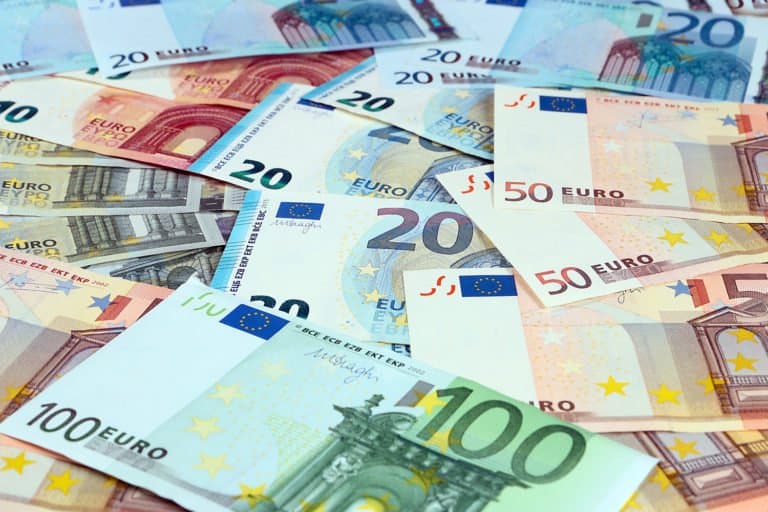Telco lobby groups have argued for the exclusion of their members from the proposed global tax rules that aim to stop multinational corporations (big tech) from legally but cynically avoiding tax by conducting online activities in jurisdictions with lax tax laws.
The G7 approved a method to root out tax avoidance in June this year while 37 members of the Organization for Economic Co-operation and Development (OECD) and the G20 group signed very similar approaches under the OECD/G20 Inclusive Framework on Base Erosion and Profit Shifting.
The argument
GSMA, the body responsible for standardization and representative of the mobile telephony industry, and the European Telecommunications Network Operators’ Association, said the OECD plans do not consider the special circumstances surrounding the telco’ industry.
The organizations are seemingly not against the tax avoidance plans. However, they argue that their members should be treated differently because they already pay taxes.
There are entities within these groups that do not pay taxes. However, they have largely been ignored for now to make the case for those who do. In a statement, the organizations said that the telcos pay extensive unilateral Telecommunications Service Taxes (TSTs) in many markets, in addition to corporate income taxes, VAT, and spectrum license fees.
What the fuss is all about
The group notes that even though the OECD plan would remove digital services taxes, it does not propose the removal of TSTs. It would therefore mean that telcos pay double tax.
Another one of the group’s arguments is that the OECD proposals recommend exemptions for some infrastructure service businesses on grounds that even though they operate in many nations, their profits are tied to the nations in which their infrastructure is located.
It is a bit odd that the group lumps in spectrum fees into a complaint about tax, even though that money is to license a natural resource and not a tax per se.
